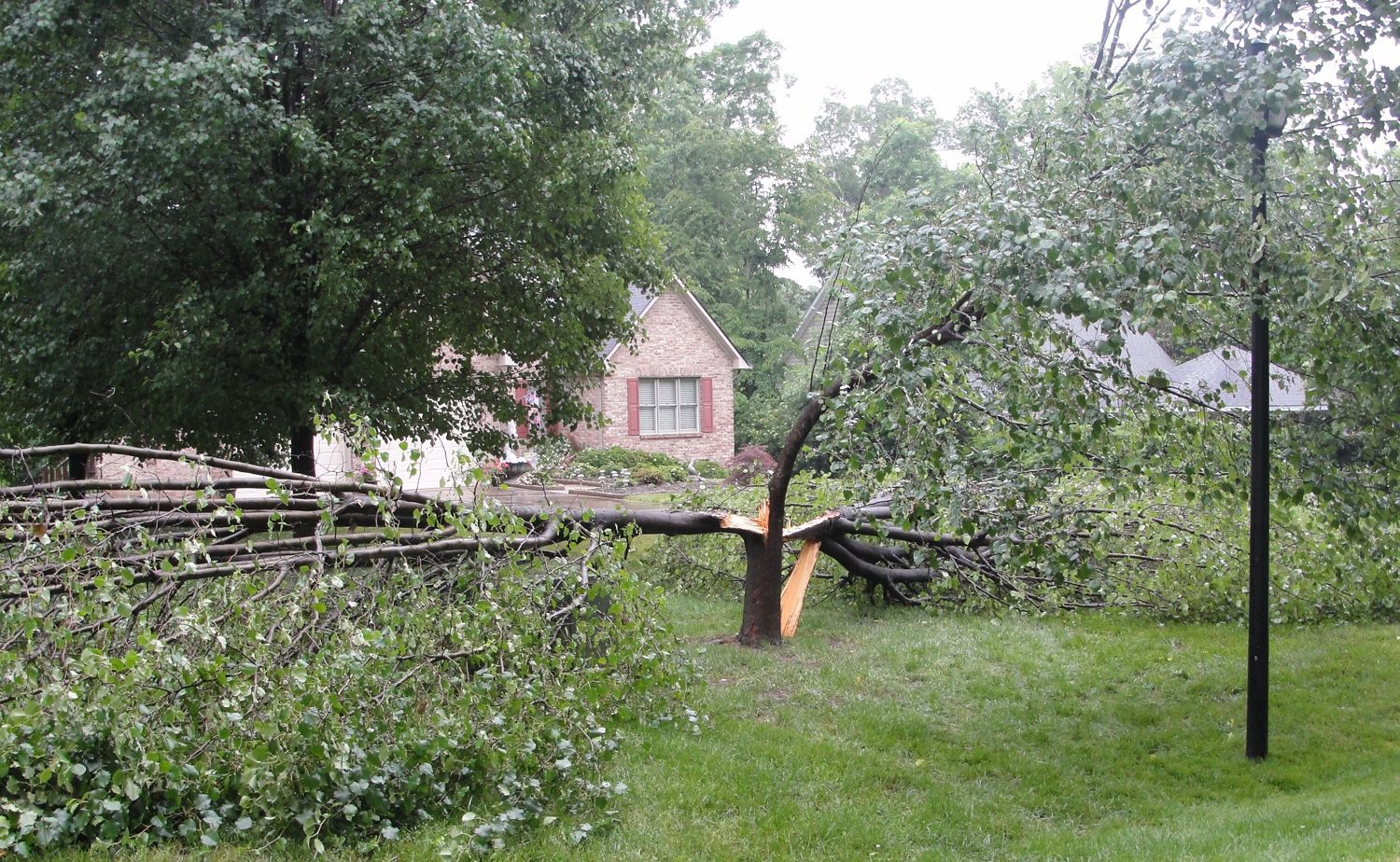Beware the lovely greenery: Invasive plants are coming your way
Published 12:00 am Friday, March 14, 2014
SALISBURY — Spring can be a great time of the year to start your gardening, but it is very important to know what you are planting before you start. Below are some questions we have received from gardeners who needed more information before they planted.
Question: I planted some bamboo and it has really taken off, it has started creeping toward my home. Should I be worried?
Answer: Yes! Bamboo is highly invasive and has even been known to go through foundations. Bamboo can look pretty and have many uses, but planting in an open area is not a good idea. There are some cultivars that are not as invasive, but you must be absolutely sure you have the right kind. Most growers will leave them in containers, but you still need to be careful and check the containers regularly; if left unkempt the containers may fail and give the bamboo its freedom. Control is difficult at best, visit this website for more details: https://www.clemson.edu/extension/hgic/pests/weeds/hgic2320.html
Question: I just love mint and I use it for everything. Would it be OK to put this herb in my vegetable garden?
Answer: I would strongly recommend placing mint in a large container. I like placing my container of mint close to the house so I can harvest when I need some to spice up my lemonade or add to some lamb burgers. When I was a child we used to sell mint at the local farmers’ market. My fondest memory of mint was a lady buying all of the chocolate mint and telling me she was going to plant it as her lawn so she could have the sweet smell every time she mowed. To each his own, but mint is too invasive for me.
Question: Bradford pears are so gorgeous in the spring, where can I find them?
Answer: Are you sure you want one? Reason being is that the Bradford pear is considered one of the top invasive species in North Carolina. Although their blooms are quite pretty, the trees do not fare well during ice and wind storms. Their limbs tend to break and split quite often and if the break goes into the heart wood, they are not able to recover. We typically see these trees lasting only about 15-20 years with most dying by age 30.
For more information visit: http://guilford.ces.ncsu.edu/2013/10/bradford-pear-a-mixed-blessing-in-the-landscape/
Question: I have this pecan tree growing in my yard but I did not plant it and it has a funny smell. I have tried cutting it down but I keep getting sprouts. What do I need to do?
Answer: This is by no means a pecan tree. This tree is an Ailanthus altissima, or better known as the Tree of Heaven. I tend to disagree with that term, I would like to think a tree from a deep fiery pit would be a better name. This is a highly invasive tree that was once planted in landscapes until it started spreading everywhere. This tree spreads by root sprouts and seeds. They have an awful smell but some think it resembles peanut butter. Young sprouts are easy to pull, but larger trees need to be cut and have an herbicide applied to the cut within at least an hour.
For more information on invasive plants and their controls please call Danelle Cutting at 704-216-8970 or visit: http://www.ncsu.edu/goingnative/howto/mapping/invexse/index.html





